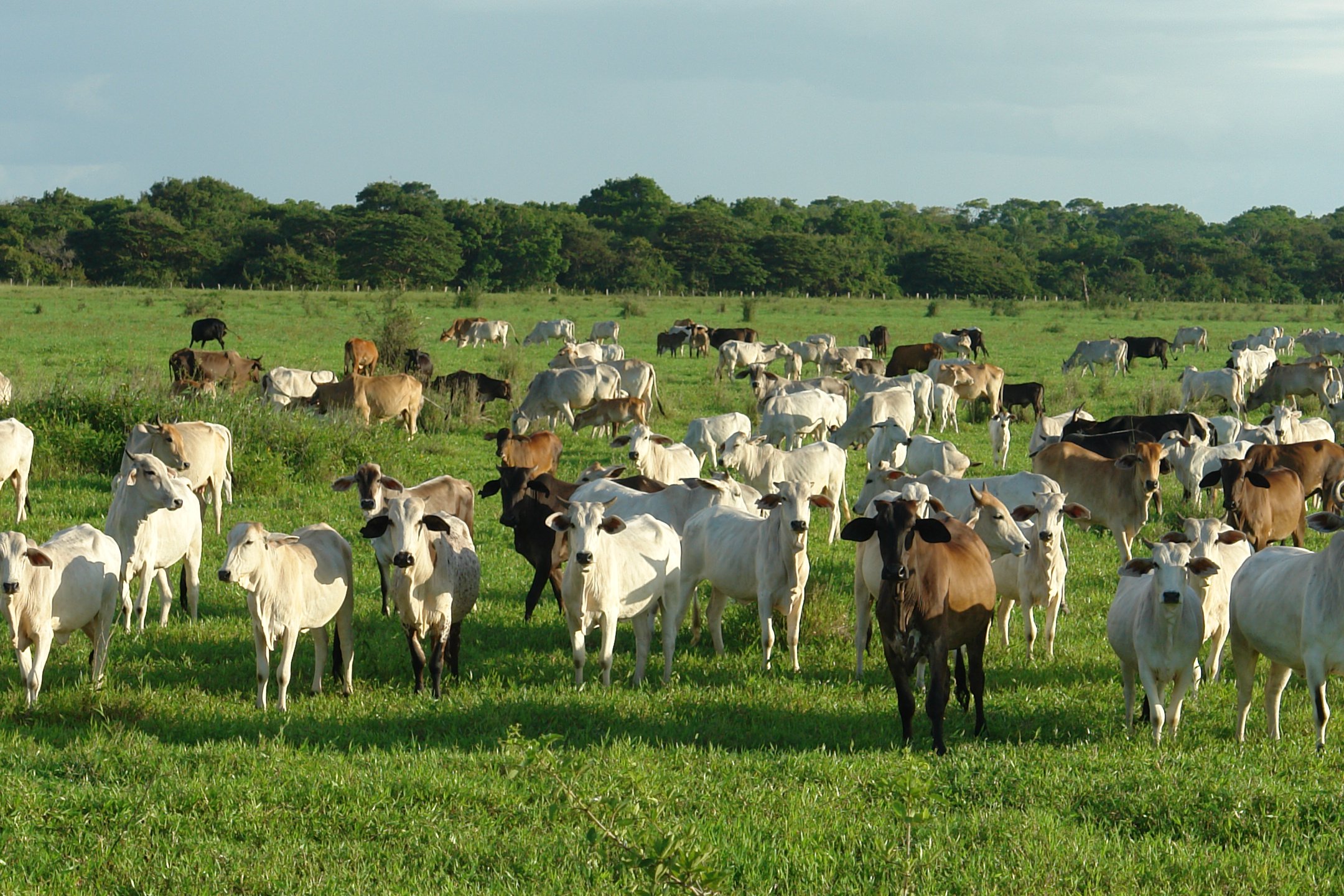1
Israël partit, avec tout ce qui lui appartenait. Il arriva à Beer-Schéba, et il offrit des sacrifices au Dieu de son père Isaac.
2
Dieu parla à Israël dans une vision pendant la nuit, et il dit: Jacob! Jacob! Israël répondit: Me voici!
3
Et Dieu dit: Je suis le Dieu, le Dieu de ton père. Ne crains point de descendre en Egypte, car là je te ferai devenir une grande nation.
4
Moi-même je descendrai avec toi en Egypte, et moi-même je t'en ferai remonter; et Joseph te fermera les yeux.
5
Jacob quitta Beer-Schéba; et les fils d'Israël mirent Jacob, leur père, avec leurs enfants et leurs femmes, sur les chars que Pharaon avait envoyés pour les transporter.
6
Ils prirent aussi leurs troupeaux et les biens qu'ils avaient acquis dans le pays de Canaan. Et Jacob se rendit en Egypte, avec toute sa famille.
7
Il emmena avec lui en Egypte ses fils et les fils de ses fils, ses filles et les filles de ses fils, et toute sa famille.
8
Voici les noms des fils d'Israël, qui vinrent en Egypte. Jacob et ses fils. Premier-né de Jacob: Ruben.
9
Fils de Ruben: Hénoc, Pallu, Hetsron et Carmi.
10
Fils de Siméon: Jemuel, Jamin, Ohad, Jakin et Tsochar; et Saul, Fils de la Cananéenne.
11
Fils de Lévi: Guerschon, Kehath et Merari.
12
Fils de Juda: Er, Onan, Schéla, Pérets et Zarach; mais Er et Onan moururent au pays de Canaan. Les fils de Pérets furent Hetsron et Hamul.
13
Fils d'Issacar: Thola, Puva, Job et Schimron.
14
Fils de Zabulon: Séred, Elon et Jahleel.
15
Ce sont là les fils que Léa enfanta à Jacob à Paddan-Aram, avec sa fille Dina. Ses fils et ses filles formaient en tout trente-trois personnes.
16
Fils de Gad: Tsiphjon, Haggi, Schuni, Etsbon, Eri, Arodi et Areéli.
17
Fils d'Aser: Jimna, Jischva, Jischvi et Beria; et Sérach, leur soeur. Et les fils de Beria: Héber et Malkiel.
18
Ce sont là les fils de Zilpa, que Laban avait donnée à Léa, sa fille; et elle les enfanta à Jacob. En tout, seize personnes.
19
Fils de Rachel, femme de Jacob: Joseph et Benjamin.
20
Il naquit à Joseph, au pays d'Egypte, Manassé et Ephraïm, que lui enfanta Asnath, fille de Poti-Phéra, prêtre d'On.
21
Fils de Benjamin: Béla, Béker, Aschbel, Guéra, Naaman, Ehi, Rosch, Muppim, Huppim et Ard.
22
Ce sont là les fils de Rachel, qui naquirent à Jacob. En tout, quatorze personnes.
24
Fils de Nephthali: Jathtseel, Guni, Jetser et Schillem.
25
Ce sont là les fils de Bilha, que Laban avait donnée à Rachel, sa fille; et elle les enfanta à Jacob. En tout, sept personnes.
26
Les personnes qui vinrent avec Jacob en Egypte, et qui étaient issues de lui, étaient au nombre de soixante-six en tout, sans compter les femmes des fils de Jacob.
27
Et Joseph avait deux fils qui lui étaient nés en Egypte. Le total des personnes de la famille de Jacob qui vinrent en Egypte était de soixante-dix.
28
Jacob envoya Juda devant lui vers Joseph, pour l'informer qu'il se rendait en Gosen.
29
Joseph attela son char et y monta, pour aller en Gosen, à la rencontre d'Israël, son père. Dès qu'il le vit, il se jeta à son cou, et pleura longtemps sur son cou.
30
Israël dit à Joseph: Que je meure maintenant, puisque j'ai vu ton visage et que tu vis encore!
31
Joseph dit à ses frères et à la famille de son père: Je vais avertir Pharaon, et je lui dirai: Mes frères et la famille de mon père, qui étaient au pays de Canaan, sont arrivés auprès de moi.
32
Ces hommes sont bergers, car ils élèvent des troupeaux; ils ont amené leurs brebis et leurs boeufs, et tout ce qui leur appartient.
33
Et quand Pharaon vous appellera, et dira: Quelle est votre occupation?
34
vous répondrez: Tes serviteurs ont élevé des troupeaux, depuis notre jeunesse jusqu'à présent, nous et nos pères. De cette manière, vous habiterez dans le pays de Gosen, car tous les bergers sont en abomination aux Egyptiens.







